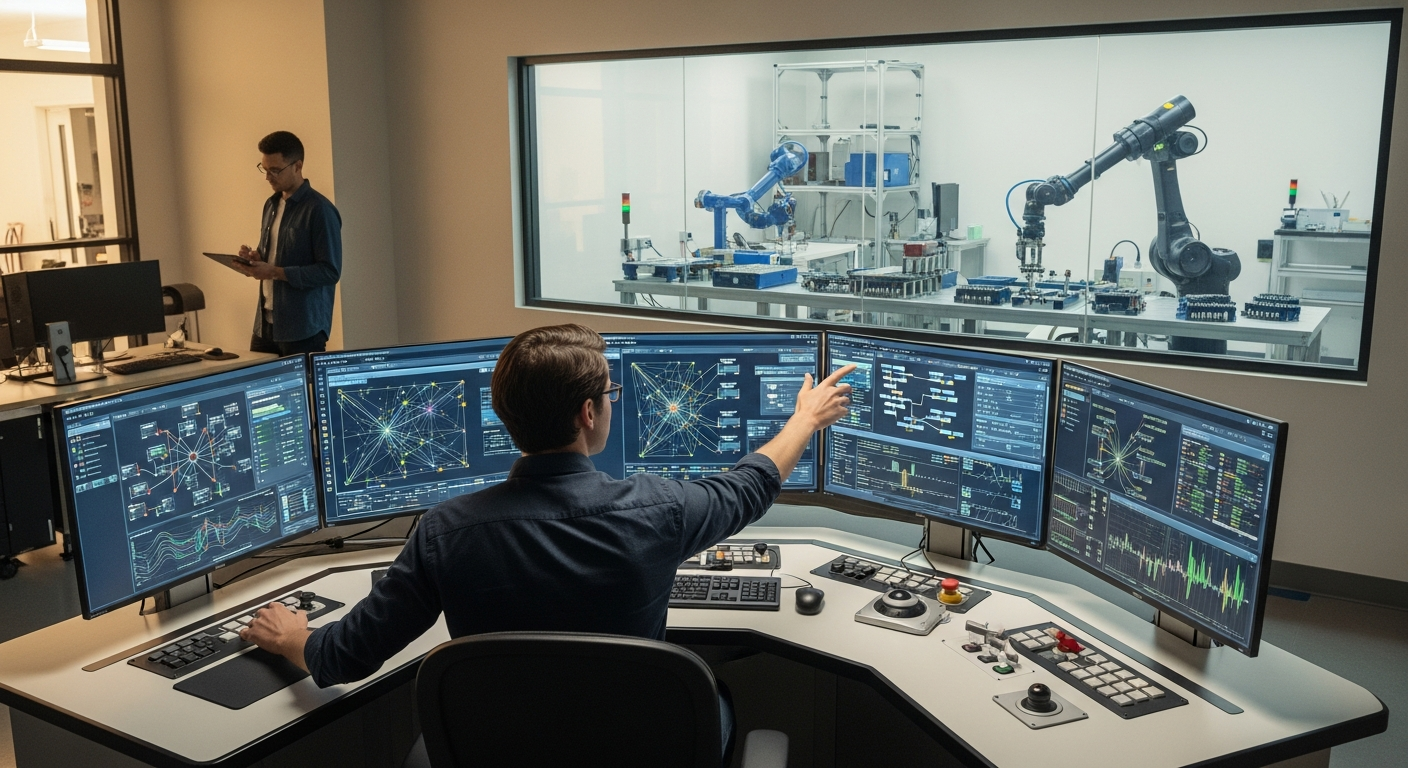Cultivating Career Resilience: Thriving in an Era of Constant Change
The modern job market is characterized by rapid shifts, technological advancements, and evolving industry demands. In this dynamic landscape, career resilience has emerged as a crucial skill for professionals seeking long-term success and fulfillment. This article explores the concept of career resilience, its importance in today's workforce, and practical strategies for cultivating this essential attribute.

The foundations of career resilience
At its core, career resilience is built upon a foundation of self-awareness, adaptability, and a growth mindset. Self-aware professionals understand their strengths, weaknesses, values, and aspirations, allowing them to make informed decisions about their career paths. Adaptability enables individuals to embrace change and acquire new skills as needed. A growth mindset fosters a belief in continuous learning and improvement, regardless of age or career stage.
Developing a diverse skill set
One key aspect of career resilience is the cultivation of a diverse and transferable skill set. While technical expertise remains valuable, professionals who possess a range of soft skills are better equipped to navigate career transitions and seize new opportunities. Communication, critical thinking, emotional intelligence, and problem-solving abilities are increasingly sought after by employers across industries. By continuously expanding their skill repertoire, individuals can enhance their employability and adapt to shifting job market demands.
Building a robust professional network
A strong professional network is a cornerstone of career resilience. Cultivating meaningful relationships with colleagues, mentors, and industry peers provides access to valuable insights, opportunities, and support systems. Networking should be approached as a long-term investment, focusing on genuine connections rather than transactional interactions. Engaging in professional associations, attending industry events, and leveraging social media platforms can help expand one’s network and stay informed about emerging trends and opportunities.
Embracing lifelong learning and professional development
In an era of rapid technological advancements and evolving industry landscapes, the concept of a static skill set has become obsolete. Career-resilient individuals recognize the importance of continuous learning and actively seek out opportunities for professional development. This may involve pursuing advanced degrees, obtaining industry certifications, attending workshops, or engaging in self-directed learning through online courses and resources. By staying current with industry trends and acquiring new competencies, professionals can maintain their competitive edge and adapt to changing job market requirements.
Cultivating a growth-oriented mindset
A growth-oriented mindset is fundamental to career resilience. This perspective views challenges as opportunities for learning and growth rather than insurmountable obstacles. Professionals with a growth mindset are more likely to take calculated risks, embrace feedback, and persist in the face of setbacks. They understand that skills and abilities can be developed through effort and experience, leading to a more proactive and optimistic approach to career development.
Developing financial literacy and planning
Career resilience extends beyond professional skills and mindsets to encompass financial preparedness. Understanding personal finance, budgeting, and long-term financial planning enables individuals to weather periods of career uncertainty or transition with greater confidence. This includes building an emergency fund, managing debt responsibly, and exploring diverse income streams. Financial literacy empowers professionals to make informed decisions about job opportunities, career pivots, or entrepreneurial ventures without being constrained by immediate financial pressures.
Practicing self-care and maintaining work-life balance
The pursuit of career resilience should not come at the expense of personal well-being. Maintaining a healthy work-life balance and prioritizing self-care are essential components of long-term professional success. This involves setting boundaries, managing stress effectively, and nurturing interests and relationships outside of work. Professionals who prioritize their physical and mental health are better equipped to handle career challenges and maintain a sense of fulfillment in both their personal and professional lives.
Conclusion
Cultivating career resilience is an ongoing process that requires self-reflection, intentional skill development, and a commitment to personal growth. By embracing adaptability, continuous learning, and a growth-oriented mindset, professionals can navigate the complexities of the modern job market with confidence and agility. As industries continue to evolve and new career opportunities emerge, those who prioritize career resilience will be well-positioned to thrive in an era of constant change, shaping fulfilling and sustainable professional trajectories.






